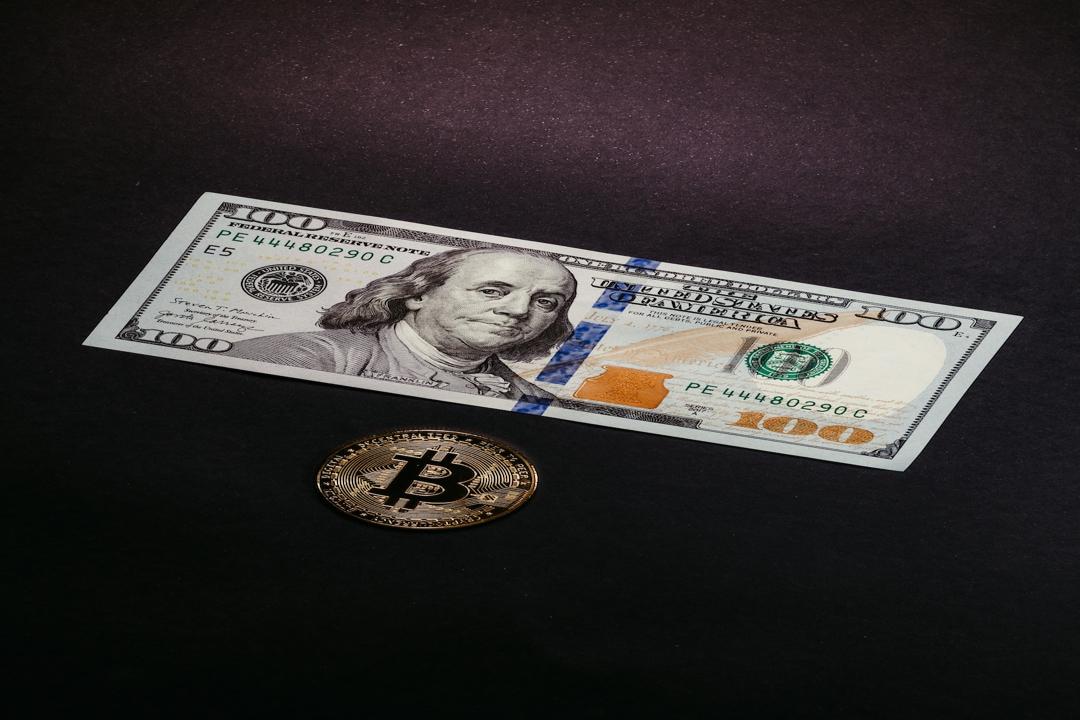“Everyone has the right to freedom of peaceful assembly and association. No one shall be compelled to belong to an association.” – Article 20 of the Universal Declaration of Human Rights
Communities have an inherent and inalienable right to flourish through self-organization and collective action, free from the constraints of the status quo. The technology that enables communities to launch computer programs they own, in the form of sovereign blockchains, is crucial for realizing this right.
Throughout human history, societal progress has always been driven by groups with common goals, whether through grassroots movements, struggles, innovations, or cultural pursuits.
In order to fully exercise the freedom of assembly and association, people must be able to create and enforce shared social agreements and contracts that govern their relationships within the community. They must be able to execute these agreements without relying on intermediaries such as governments or corporations, which are often slow, bureaucratic, untrustworthy, corrupt, or prone to censorship.
For the first time in history, blockchain allows consenting individuals to enter into shared economic and contractual relationships with each other, without relying on untrustworthy intermediaries to enforce the terms of these relationships. This has enabled the emergence of many new social and economic prototypes, including decentralized autonomous organizations (DAOs), distributed cooperative organizations (DisCOs), decentralized finance (DeFi), cooperative finance (CoFi), and regenerative finance (ReFi).
Sovereign blockchains as sovereign communities
“To the governments of the industrial world, you weary giants of flesh and steel, I come from cyberspace, the new home of the mind. On behalf of the future, I ask you of the past to leave us alone. You are not welcome among us. You have no sovereignty where we gather.” – Declaration of the Independence of Cyberspace
Blockchain is a computer program owned by the community, and its rules are collectively enforced by everyone who owns an identical copy of the program and participates as a node in the network.
This network does not require any higher authority to enforce the rules of the computer program owned by the community, such as an army or police force. The rules are directly enforced by the participants of the network, and the resulting ledgers have meaning and value because the community has endowed them with these characteristics through social contracts.
Therefore, blockchains are sovereign because they directly implement the will of the community bound by shared social contracts. This, in turn, grants sovereignty to the community, similar to the sovereignty of a nation.
Top-level social contracts govern all contractual relationships, rules, and laws, and their authority ultimately comes from social contracts among people.
Traditional organizations, for example, derive their authority from the laws of the country in which they are registered, which may originate from legislative bodies like parliaments, and their authority ultimately comes from social contracts among people, which may be recorded in constitutions. Through social consensus, these social contracts can and often do amend the laws underneath them through peaceful or forceful means.
These social contracts are top-level social contracts because they serve as the foundation that gives authority to all contracts underneath them, and there is no higher authority above them.
Blockchain uniquely possesses its own top-level social contracts that are independent of a nation’s top-level social contracts and are enforced by the social consensus of sovereign communities participating in the network and endowing the ledger with meaning and value. Similarly, this social consensus can amend the rules of the blockchain through hard forks, which only make sense if the blockchain network community has sovereignty through its own top-level social contracts.
Sovereign aggregation chains as sovereign communities
While non-sovereign smart contracts can be created on a sovereign blockchain that operates as a smart contract platform, they do not constitute a sovereign community because their authority does not stem from their own top-level social contracts but from third-party contracts. If the community of a DAO wishes to enforce its social contract in a certain way to achieve justice, it will be unable to do so without permission from an overarching top-level social contract.
The ability for sovereign communities to create their own top-level social contracts is a fundamentally unique and powerful new prototype enabled by blockchain. However, creating one’s own top-level blockchain requires deploying and maintaining one’s own top-level consensus and validator network, which comes with significant costs.
By avoiding the need for each sovereign community to deploy a new consensus network, sovereign aggregation chains significantly reduce the friction for sovereign communities to realize their top-level social contracts in the form of community-owned computers. This brings forth a new reality where communities indeed have an inalienable right to flourish through self-organization and collective action, free from the constraints of the status quo.
The era of millions of sovereign communities with their own top-level social contracts emerging rapidly in the form of sovereign chains may be on the horizon by making deploying sovereign chains as simple as deploying a blog.
Build modular, stay sovereign.

